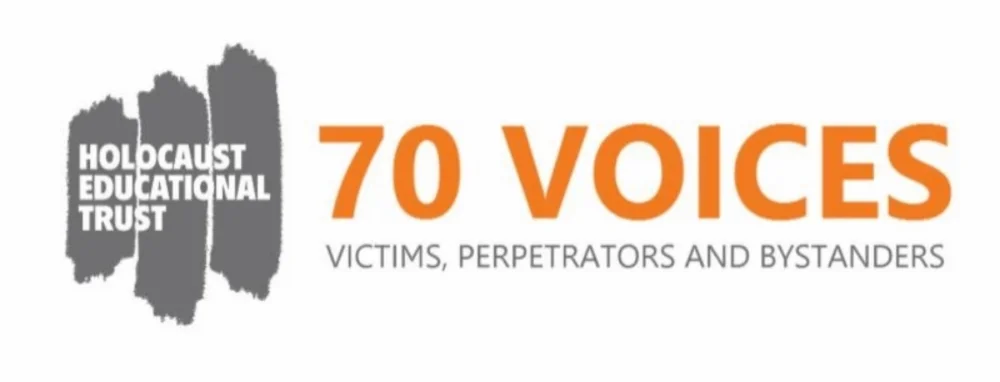The process of saving and then rebuilding lives in Bergen-Belsen proved a long and arduous one. However, it was helped in late April 1945 in a rather unexpected way, as recalled by Lieutenant-Colonel Mervin Willett Gonin, commanding officer of the Royal Army Medical Corps at Bergen-Belsen.
It was shortly after the BRCS [British Red Cross Section] teams arrived, though it may have no connection, that a very large quantity of lipstick... arrived. This was not at all what we men wanted. We were screaming for hundreds and thousands of other things and I don't know who asked for lipstick. I wish so much that I could discover who did it, it was the action of genius, sheer unadulterated brilliance. I believe nothing did more for those internees than the lipstick. Women lay in bed with no sheets and no nightie but with scarlet red lips. You saw them wandering about with nothing but a blanket over their shoulders, but with scarlet red lips...
At last someone had done something to make them individuals again. They were someone, no longer merely the number tattooed on the arm. At last they could take an interest in their appearance. That lipstick started to give them back their humanity.
Recognition of the survivors’ humanity and individuality was a vital step in the road for recovery for many.
Photo: female survivors of Bergen-Belsen eating after liberation; United States Holocaust Memorial Museum
Testimony: Ben Flanagan & Donald Bloxham (eds.), Remembering Belsen: Eyewitnesses Record the Liberation (Holocaust Educational Trust/Vallentine Mitchell)

